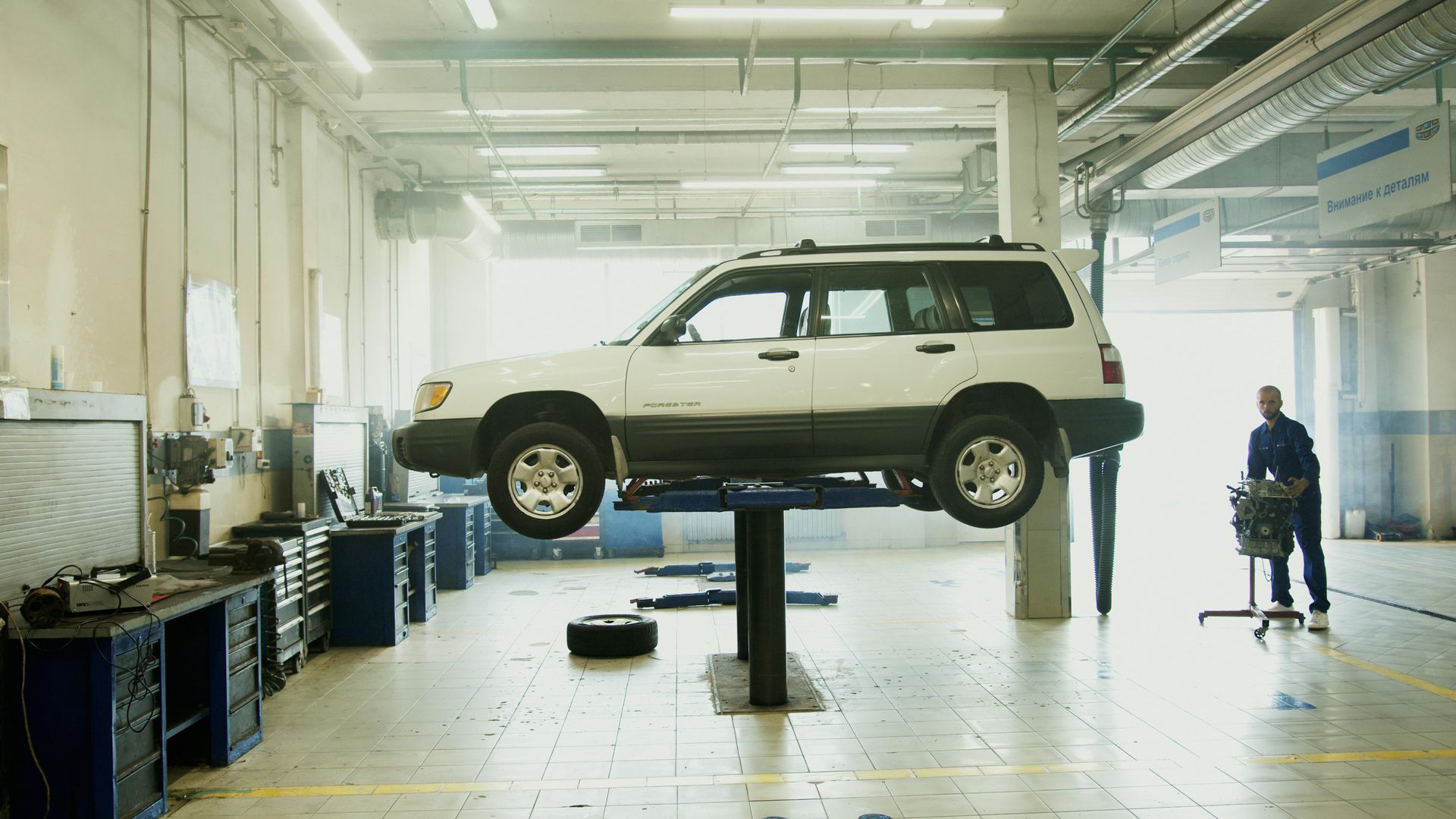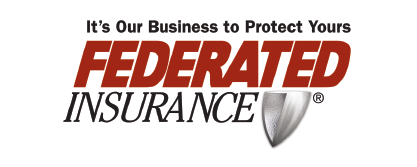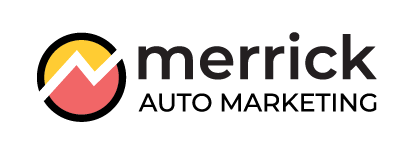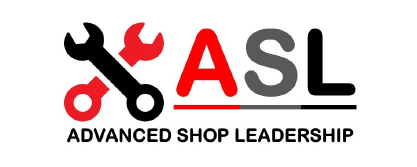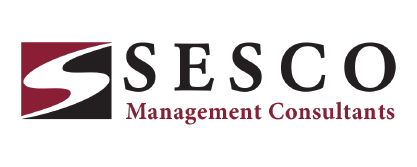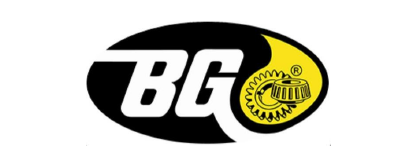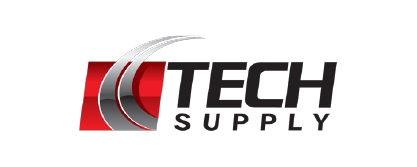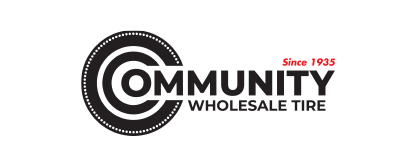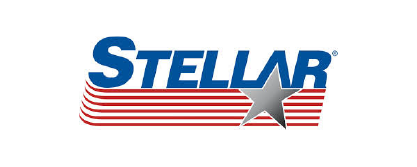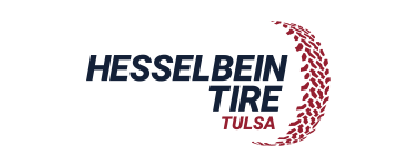Preparing Your Tire & Auto Repair Business for Tax Breaks

Introduction
Our industry is exciting to run, especially in the summer months when we are generally at our peak, but sometimes we have to do the boring stuff! Let’s see if we can make it ‘not-so-boring’! The tire and automotive repair industry plays a critical role in keeping vehicles on the road, but managing such a business involves more than just technical expertise—it requires savvy financial planning. Maximizing tax breaks can significantly impact your profitability, allowing you to reinvest in your business and secure its future. This article delves into advanced tax-saving strategies tailored to the tire and automotive repair industry, including leveraging the Augusta Rule, setting up Roth IRAs for your children, and smartly using credit card rewards.
1. Advanced Deduction Strategies
Beyond standard deductions, there are advanced methods to further reduce your taxable income.
a. The Augusta Rule:
The Augusta Rule, or Section 280A(g) of the IRS tax code, allows you to rent out your personal residence to your business for up to 14 days per year without reporting the rental income. This rule can be applied to business meetings, strategy sessions, or team events held at your home. The key is to ensure that the rental fee is at fair market value, which you can substantiate by comparing it to local venue rental rates. Proper documentation is crucial, including keeping minutes of meetings and evidence of fair market rental rates. This could allow you to take up to $30k out of the business tax-free. Are we getting excited yet?
b. Cost Segregation Studies:
Cost segregation is a powerful tax strategy that involves breaking down your building and property into various asset classes with shorter depreciation periods. This accelerates depreciation, allowing you to reduce taxable income sooner. For example, certain elements of your shop, such as specialized lighting or flooring, can be depreciated over five or seven years instead of the standard 39 years. This strategy is particularly useful if you've recently purchased or renovated property. A professional cost segregation study ensures that all eligible assets are accurately identified and categorized. Most often, this is not something your CPA does, but someone who specializes in cost segregation. Let me know if you’d like me to introduce you to the company we use.
c. Retirement Plan Contributions:
Contributing to retirement plans like SEP IRAs or Solo 401(k)s not only secures your future but also provides immediate tax deductions. Contributions to these plans are deductible, reducing your taxable income for the year. Furthermore, offering retirement benefits to your employees can qualify your business for tax credits, such as the Small Employer Pension Plan Startup Costs Credit, making it a win-win situation for both you and your employees.
2. Leveraging Family Members in Your Tax Strategy
Family members can play a key role in optimizing your tax strategy, offering unique opportunities for tax savings.
a. Opening Roth IRAs for Your Children:
If your children work for your business, even in a part-time capacity, they can earn income that qualifies them to contribute to a Roth IRA. Roth IRAs offer tax-free growth and withdrawals in retirement, making them a powerful tool for long-term wealth accumulation. This strategy not only benefits your children by setting them up for financial success, but it also teaches them valuable lessons about saving and investing. To ensure compliance, the work your children perform must be legitimate, and their wages must be reasonable. Your children can earn over $10k per year, and not have to report the income or pay taxes on it. Talk to your tax advisor, but even hiring them for modeling on your website might be a way to get your younger ones started and reduce the businesses overall tax liability.
b. Employing Family Members:
Hiring family members can lead to significant tax savings. For instance, wages paid to your spouse or children under 18 are not subject to Social Security or Medicare taxes if your business is structured as a sole proprietorship or a partnership where both parents are partners. This reduces your overall tax burden while keeping more income within the family. Additionally, employing family members allows for income splitting, effectively shifting income from higher tax brackets to lower ones.
3. Maximizing Credit Card Rewards for Business Expenses
Using credit cards strategically can be a savvy way to reduce costs and gain additional benefits.
a. Cashback Rewards:
Using credit cards that offer cashback rewards for business expenses is a simple yet effective way to maximize value. Whether you're purchasing supplies, parts or tires, paying for utilities, or covering travel expenses, these cards can earn you significant cashback. The key advantage here is that cashback rewards are not considered taxable income. This means you can use these rewards for personal expenses without worrying about additional tax implications. By not reinvesting the cashback into the business, you effectively increase your personal spending power without increasing your tax burden.
b. Choosing the Right Credit Card:
Selecting the right credit card is crucial. Look for cards that offer the highest cashback percentages on categories where your business spends the most, such as fuel, travel or maintenance supplies. Some cards also offer signup bonuses, which can provide a substantial return on initial purchases. Additionally, consider cards that offer other perks, like travel rewards or purchase protection, which can further enhance your overall benefits.
4. Maximizing Industry-Specific Tax Credits
There are specific tax credits tailored to the tire and automotive repair industry that can provide significant savings.
a. The Work Opportunity Tax Credit (WOTC):
Hiring from targeted groups, such as veterans or long-term unemployed individuals, can qualify your business for the Work Opportunity Tax Credit. This credit can reduce your tax liability based on the wages paid to these employees. By strategically hiring, you can improve your workforce while also reducing your taxes. This can be tricky however. Remember, the best employee is the one that fits your culture and will do the best job, regardless of tax breaks you may or may not receive.
b. Environmental and Energy Efficiency Credits:
Investing in energy-efficient upgrades, such as installing solar panels or upgrading to energy-efficient HVAC systems, can qualify your business for federal and state tax credits. These credits not only reduce your tax burden but also lower your operational costs over time.
c. State and Local Incentives:
Many states offer additional tax incentives for businesses in specific industries or locations. These incentives can include credits for operating in enterprise zones or for investing in local workforce development. By researching and taking advantage of these opportunities, you can significantly enhance your overall tax savings. This is something Wes’s company was amazing at.
5. Consulting with Industry-Savvy Tax Professionals
Given the complexity of advanced tax strategies, working with tax professionals who specialize in the tire and automotive repair industry is essential.
a. Specialized Tax Planning:
An industry-savvy tax advisor will understand the unique nuances of your business and can help you navigate complex tax strategies such as the Augusta Rule, Roth IRAs for children, and maximizing credit card rewards. Regular consultations with a tax advisor can help you stay ahead of tax law changes and ensure that you are fully leveraging available tax breaks.
b. Audit Protection and Representation:
In the event of an audit, having a tax professional with industry-specific knowledge can be invaluable. They can help you prepare the necessary documentation, represent you during the audit process, and resolve any issues that arise. This provides peace of mind, allowing you to focus on growing your business rather than worrying about potential tax disputes.
c. Keeping Up with Legislative Changes:
Tax laws are constantly evolving, and staying informed is crucial for maximizing tax savings. A knowledgeable tax advisor can keep you updated on new legislation, IRS rulings, and state-specific tax changes that may affect your business. This proactive approach ensures that you remain compliant while also taking advantage of new opportunities for tax savings.
Conclusion
First and foremost, we’re not a CPA or tax advisor. All of these strategies should generate a conversation with your tax consultant. Maximizing tax breaks for your tire and automotive repair business requires more than just a basic understanding of deductions. By leveraging advanced strategies such as the Augusta Rule, opening Roth IRAs for your children, and strategically using credit card rewards, you can significantly reduce your tax liability and enhance your profitability. Consulting with industry-specific tax professionals will ensure that you stay ahead of the curve, adapting to new tax laws and optimizing your financial strategies for long-term success.




